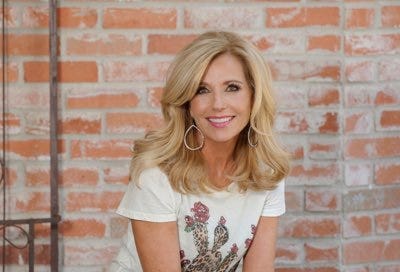What you need to know about Beth Moore is that she is human
And she reminds us that we are too
I read Beth Moore’s All My Knotted-Up Life the week it came out. I can’t remember another book that made me laugh as much as this one did. There were also a few places where I had to fight to hold back tears.
There is so much that I could say about Beth Moore and the book, and much of that will have to wait for my book Live Laugh Love, because Beth is p…
Keep reading with a 7-day free trial
Subscribe to Du Mez CONNECTIONS to keep reading this post and get 7 days of free access to the full post archives.



